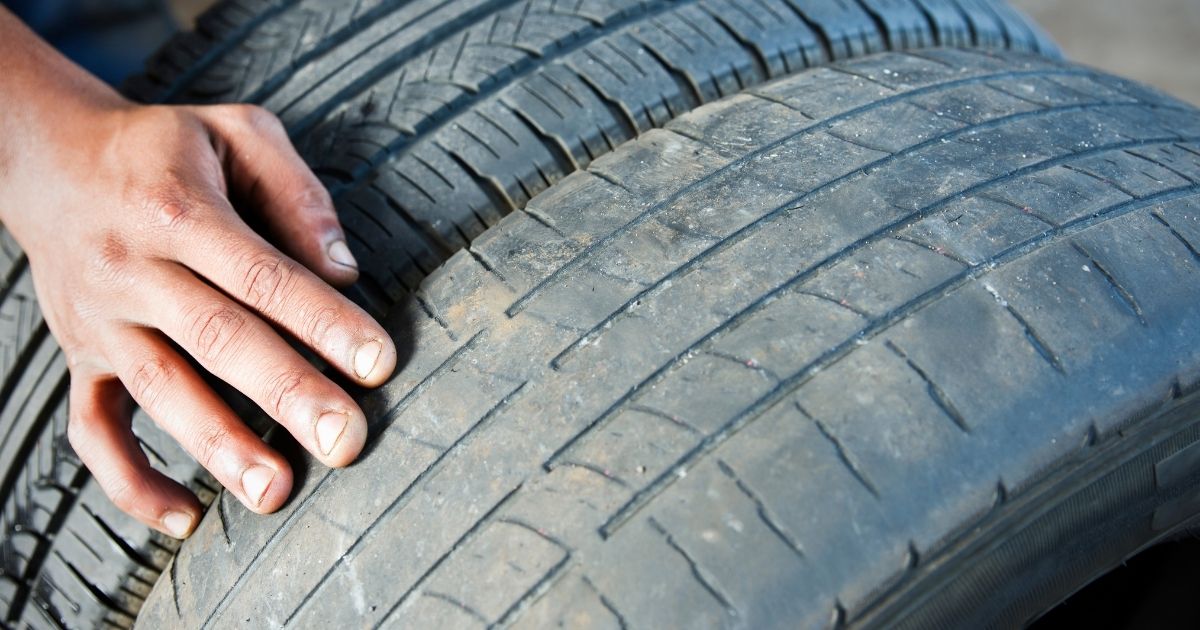Truck Accidents Caused by Wheels Falling Off: What You Should Know?
Posted on: September 13, 2023
If a large commercial truck loses a wheel, this can have devastating consequences, particularly if the wheel comes loose while traveling on a busy highway near other vehicles. According to the National Transportation Safety Board, there are between 750 and 1,050 wheel separation accidents yearly. However, the actual number may be much higher due to unreported cases. These truck accidents can cause catastrophic injuries and fatalities, yet they are preventable if the wheels are properly installed, maintained, and inspected.
What Is a Wheel-Off Truck Accident?
This type of truck accident occurs when a truck’s wheel separates from the vehicle, usually at a high speed, causing the wheel to fly into the road. When there are other vehicles in the vicinity, this can be extremely dangerous for several reasons. For example, each truck wheel can weigh over 100 pounds, which can cause severe injuries and fatalities if it strikes another vehicle at a high speed. In addition, when a truck loses a wheel, the truck driver can lose control of the vehicle, resulting in a truck rollover or jackknife accident.
What Are the Most Common Causes of Wheel Separation Accidents?
Truck drivers and trucking companies are responsible for ensuring that their vehicles are inspected regularly and properly maintained and that necessary repairs are made before a truck hits the road. Unfortunately, trucking companies often take shortcuts to cut costs and save time. This includes conducting the required wheel inspections. This can increase the risk of a wheel separation accident. The following are some of the most common causes of wheel-off truck accidents:
- Axle problems: If the wheel axle becomes old, worn, or broken, or if the axle nut is installed too loosely or too tightly, this can cause the wheel to separate from the truck.
- Faulty wheel installation: According to the National Transportation Safety Board, approximately 40 percent of all-wheel violations were due to loose or missing nuts or studs. If a mechanic applies too much torque, it can cause the nut to break or fracture. Too little torque can cause the nut to loosen until the wheel falls off gradually.
- Auto part defects: If any part of the wheel is defective, the wheel could become damaged and loose from the truck. Auto parts manufacturers can prevent this if their products are safe and defects-free.
- Excessive heat: This is responsible for approximately 24 percent of wheel separation accidents.
Who Is Liable for a Wheel Separation Truck Accident?
Several parties may be liable for a truck accident caused by a wheel separation. They include the following:
- If they fail to inspect or ensure the tires are properly maintained, the truck driver could be liable for a wheel separation accident.
- The truck owner may be liable if they did not maintain the tires or replace worn tires.
- If the tire was defective, the manufacturer may be liable for the wheel separation accident.
What Should I Do if I Was Injured in a Wheel-Off Truck Accident?
Your top priority should be to seek immediate medical attention for your injuries. You should also contact a skilled truck accident lawyer who will determine how the accident occurred and who is liable.
Freehold Truck Accident Lawyers at Ellis Law Represent Clients Injured in Wheel-Off Truck Accidents
If you suffered a severe injury in a wheel-off truck accident, contact our Freehold truck accident lawyers at Ellis Law. To schedule a free, confidential consultation, call us today at 732-308-0200 or contact us online. Located in Freehold, New Jersey, we serve clients in Asbury Park, East Brunswick, Toms River, Middletown, Jersey City, Long Branch, Neptune, Hudson County, Union County, Essex County, Monmouth County, Marlboro, and Ocean County, as well as Brooklyn and New York City.


